Google, to date, is the most used search engine across the globe. So, when your website does not end up in the search results when a visitor wants to look for something within your business’ niche, you might want to look at these reasons why:
You need to optimize your website
You might think that this is simply SEO, in general. Actually, SEO is just a component of optimizing your website’s performance and visibility online. SEO, or Search Engine Optimization, involves the content you publish on your website – blogs, introduction pages, description of your products and services – that should be of relevance (based on the person’s search keywords correlating it with the content of your website).
Be familiar with “bounce rate”. This refers to the percentage of website visitors who leave your site from the homepage or even before the page loads up. As they come across the website, they don’t go to another page or do any actions and navigate off right after.
You must create your content smartly
Another factor is the content of your website. Websites, nowadays, need to include a mix-and-match of text and media content and should be at about 500 to 700 words. If you currently have an About Us page that roughly has a paragraph and a photo on it, you may want to retouch that and include more information about you and your business, and possibly images from you (and your team, too) to give it more oomph; easily an impressive profile to your visitors. In line with that, take note that the higher resolution your images are, the longer they will load. Keep your images compressed (but do not compromise quality). If you do have videos linked to an external platform, we suggest to keep it simple and give it just the right amount of space on your page/s.
When creating text heavy content, use header tags (Heading 1, Heading 2, Heading 3). Google uses this as a basis on what the content is the moment someone searches for a particular (set of) keyword/s. The results that come up on Google searches are ranked by their relevance to what words a user keys in.
You need to invest on paid advertising
We agree that word-of-mouth is free, and possibly will be the only free advertising you can get in this age. But paid advertising goes a long way. Your page can be boosted in search results, and even be bumped in other platforms. Algorithms of various platforms such as social networking sites are (more often than not) aligned with what the users look up in Google, or within their platforms. So when someone searches for your business niche, paid advertising helps you to be one of the first profiles that a user would see.
You must have social media accounts for your business
Social media presence is essential so you are not just visible through your website alone, you also establish your presence in social media accounts, where a significant portion of your market may be lurking and checking out businesses such as yours. Some social media platforms do not allow hyperlinks on posts, but you can add your website and other accounts’ usernames to your profile, which can help you boost your website’s visit count, and promote your products, too!
Here are some other checklist
- Your Website is not set on noindex
- Your Website is not restricted by Google, check via Google Search Central (Google Webmasters)
Conclusion
There is no fixed math to how Google’s algorithm works. Yet, it still varies depending on what keywords a person uses to look up something on the web. Nevertheless, with these guidelines, you should be on your way to popping up in the first pages and keep your business searchable and visible online.






